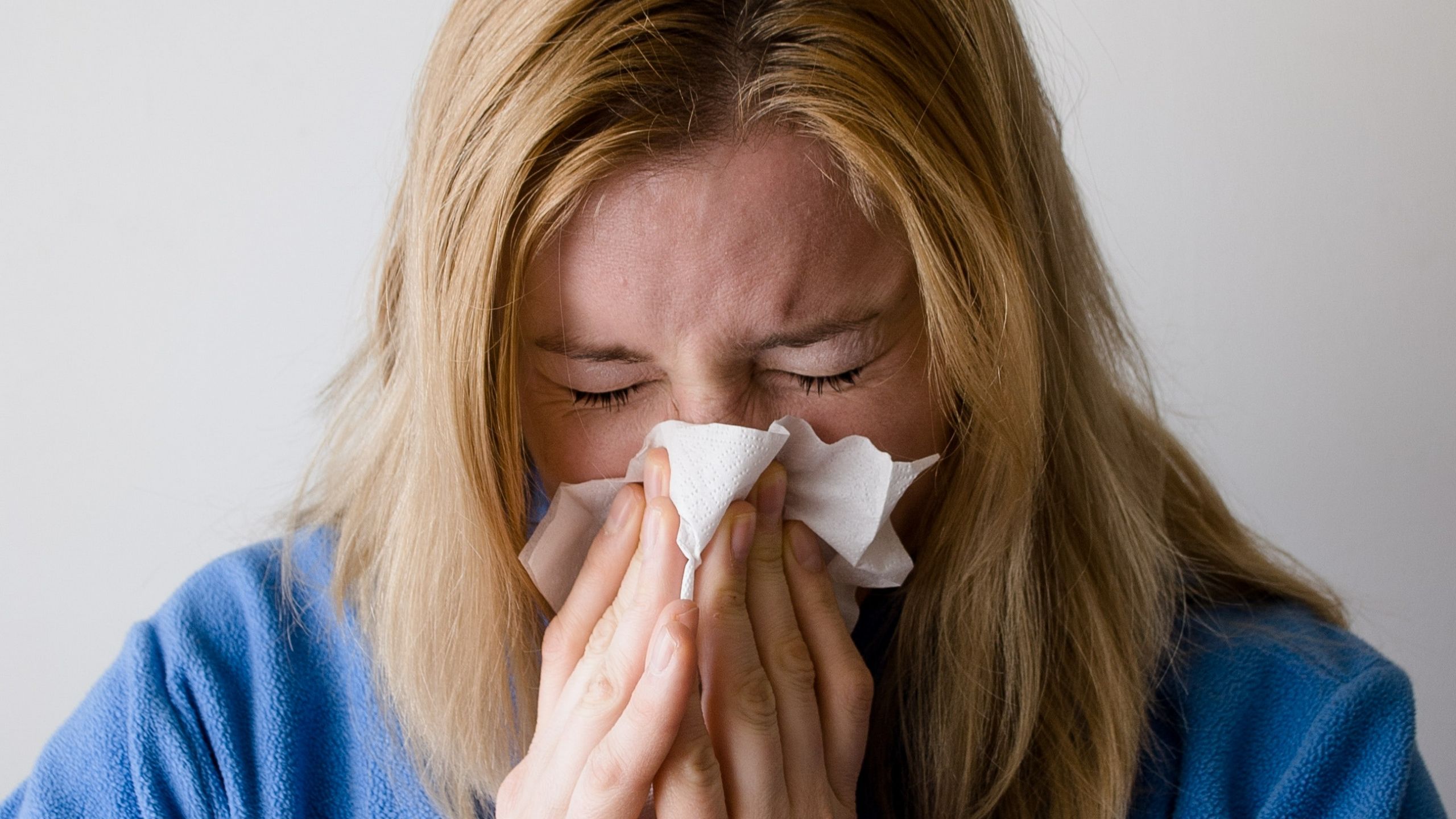Sniff, sniff, sniff. Is it a coincidence that more people catch colds in the fall and winter? Is there any benefit in treating the common cold with antibiotics? And does eating more vitamin C bombs like oranges help? These are the biggest myths about the common cold in a row.
1. Antibiotics help with colds
There are a lot of people who ask their doctor for a shot of antibiotics when they have a cold. There’s only a good chance it won’t be described. The common cold is caused by a virus and antibiotics only work against bacteria. In the United States, you are more likely to get a prescription for antibiotics if you have a cold. Even one in three people with a cold go home with a cure. Using antibiotics under the guise of “if they don’t help, they won’t hurt” is not wise. This heavy artillery can deliver antibiotic-resistant bacteria and kill important bacteria in the gut. Do you want to get rid of colds as soon as possible? In this article we share useful tips.
2. You’re more likely to catch a cold when it’s cold outside
It is no coincidence that more people catch a cold in the fall and winter. However, you will not catch a cold due to the low temperature. When it’s cold outside, we keep the windows closed, we vent less and the air is drier. Moisture particles released by coughing and chattering remain suspended in the air for a longer time. That’s why you smell more in the fall and winter.
However, the cold is not entirely harmful. The cold does not make you sick, but it does have an effect on your resistance. “A person who has a cold has a lower resistance,” says Jan Welschott, a virologist at the University Medical Center Groningen. “This is because your body has to work harder to stay warm. And if you have a lower resistance, you are more susceptible to viruses and bacteria, which can make you sick.” Here you can read more about the effect of cold on your resistance.
3. There is only one common cold virus
No, there are hundreds of viruses that can cause you to catch a cold. The most well-known virus is rhinovirus. In about half of people who have a cold, this virus is the cause. Children can even catch a cold 12 times a year from this virus. After contracting the virus, you are immune to the offender. The tricky thing is that viruses change their genetic material, so you have to build up resistance again. That’s why another cold can follow.
4. There is no point in taking vitamin C bombs when you have a cold
Opinions are divided on whether vitamin C bombs help prevent colds. Research shows that it makes sense to get your daily amount of vitamin C. Shortens the duration and severity of the common cold. Vitamin C is found not only in bright oranges, but in many vegetables and fruits. What about red pepper and dandelion? Here are more vitamin C bombs in a row. The Nutrition Center’s advice is: 75 milligrams of vitamin C daily.
5. Colds often cause the flu
Cold viruses cannot cause the flu, but the influenza virus can give you a cold. The flu is caused by the influenza virus, which is a different virus from the common cold virus. This virus can give you a cold if only the upper respiratory tract is infected. If you catch a cold caused by the influenza virus, you will often get flu symptoms afterwards. Strong resistance helps you prevent this.
More healthy now? Follow us too InstagramAnd Facebook And Tik Tok. Also nice: take a look at the magazine and subscribe to the newsletter.

“Total coffee specialist. Hardcore reader. Incurable music scholar. Web guru. Freelance troublemaker. Problem solver. Travel trailblazer.”







More Stories
GALA lacks a chapter on e-health
Weird beer can taste really good.
Planets contain much more water than previously thought